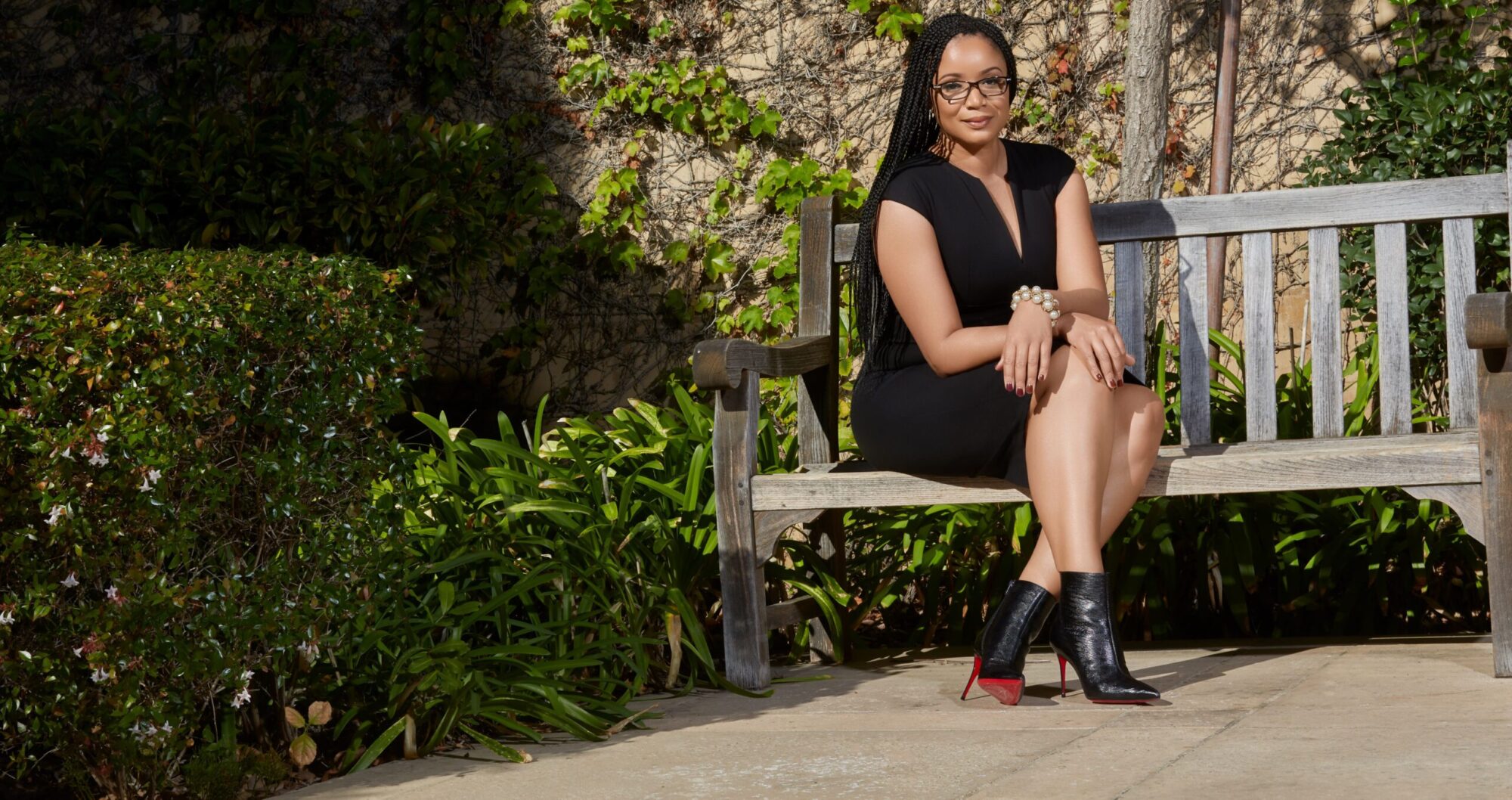Looking at leadership: Operation Varsity Blues, accessibility and the tradition of placating privilege
By Dr. Jalin B. Johnson

“Tradition has it that whenever a group of people has tasted the lovely fruits of wealth, security, and prestige, it begins to find it more comfortable to believe in the obvious lie and accept that it alone is entitled to privilege” —Steven Biko
Unfortunately, the reality of the recent college admissions scandal so dubbed Operation Varsity Blues by FBI officials on March 12 was not a surprise. It underlined a tradition of privilege that has purveyed the college admissions process, for generations; now highlighted by those charged for being involved in a conspiracy as a part of “the largest college admissions scam ever prosecuted by the Department of Justice.”
Through my own diversity cognizance, like many in the community of parents and educators of children with special needs, I was disheartened to learn of the bribery enlisted to help falsify the need for college entrance exam disability and accessibility accommodations.
Motivated by a lifelong pursuit to seek and support equitableness and leadership, driven by ethics and integrity, I asked for feedback from advocates whose lived experiences have compelled them to work towards an equality that has yet to be sustained.
To Fairly Compete – Dustin Domingo, Ed.D.
The Americans with Disabilities Act (ADA) was put forth to assure that individuals with disabilities “have the ability to fairly compete” for and pursue opportunities such as college and university admission. This is done by requiring test taking agencies to administer high stakes standardized exams in a manner which is accessible to students with disabilities. The operative phrase to keep in mind here is to fairly compete. Let us not forget that the playing field was uneven to begin with, giving advantages to individuals based on factors other than accessibility such as socioeconomic status, race, and language acquisition. In the US, education as an institution has had centuries to solidify systems that already give certain populations an upper hand. ADA exists to combat institutionalized barriers to education.
Educational attainment is the second greatest predictor of social mobility. Interestingly, this factor falls behind whether one is already born into wealth. The Varsity Blues scandal is so fascinating in the sense that the parents involved are already well-to-do folks with advantages across many variables that play into whether their child is able gain admission into a college or university through ethical means. It is gravely unfortunate for the Varsity Blues children, the students enrolled at these universities, and arguably more so for the students who were denied admission, that disability and accessibility accommodations were so heinously exploited.
Level the Playing Field – Lynn Larsen, Ph.D.
There is a broad assumption that for students with learning disabilities, or invisible handicaps, that they are unfairly awarded accommodations that provide them with an advantage over other students. In reality, students with learning disabilities need these accommodations in order to “level the playing field” so the learning and assessment environments are equalized.
A perfect example is my college-aged son. He is twice-exceptional, meaning that he is highly gifted as well as having learning disabilities. He has been diagnosed with Attention Deficit Hyperactivity Disorder (ADHD), which impacts his ability to focus, and severe dysgraphia, which impacts his ability to handwrite any work. Since he is verbally gifted, many teachers and professors wrongly assume that his accommodations give him an unfair advantage over his peers. In actuality, without his accommodations, he would not have been able to score high on the ACT, nor would he be successful in his college courses. Those using accommodations unlawfully only perpetuate the myth that students use them in inappropriate ways to gain an advantage.
Refrain from Stigmatization – Anne Spillane, Ph.D.
Individuals with Intellectual Disabilities (ID) have long faced adversity when accessing the accommodations needed in Institutions of Higher Learning (IHE). Offices of Disability Services on college campuses have led to improved access. Likewise, advances in technology have amplified accommodations made available to those with ID. As a result, we are seeing more people with ID able to access (and thrive within) these institutions.
The publicity given to the recent college admissions scandal has magnified the potential for stigma to return, for those utilizing accommodations in the IHE environment, particularly among educators. While ensuring the process for identifying those who qualify for accommodations is thorough, it will be important for those in leadership roles to refrain from making the process too difficult or stigmatizing those who truly need (and qualify for) accommodations. It is important that they reiterate that providing accommodations for those who genuinely need them is not only appropriate, but also a way of ensuring diversity on our campuses. This helps to create environments in higher education where all have the ability to succeed and reach our highest potential.
Operation Varsity Blues may indeed continue to uncover gaps in the admissions process. Rebecca Cokley, Director of the Disability Justice Initiative at the Center for American Progress, concisely reminds us that “the experiences of 57 million Americans with disabilities are not just costumes to wear to get pre-boarding access to a plane or extended time on a test.”
As you’re Looking at Leadership, know that there is power in recognizing the significance of each individual’s lived experiences, and advocating for inclusion and equity. This allows us to rebuke the tradition of placating privilege and to support sustainable equality.
 Jalin B. Johnson, Ed.D., is an associate professor in the School of Business and Professional Studies at Brandman University, focusing on business and organizational leadership. She is a regular contributor on issues of leadership and current events.
Jalin B. Johnson, Ed.D., is an associate professor in the School of Business and Professional Studies at Brandman University, focusing on business and organizational leadership. She is a regular contributor on issues of leadership and current events.
